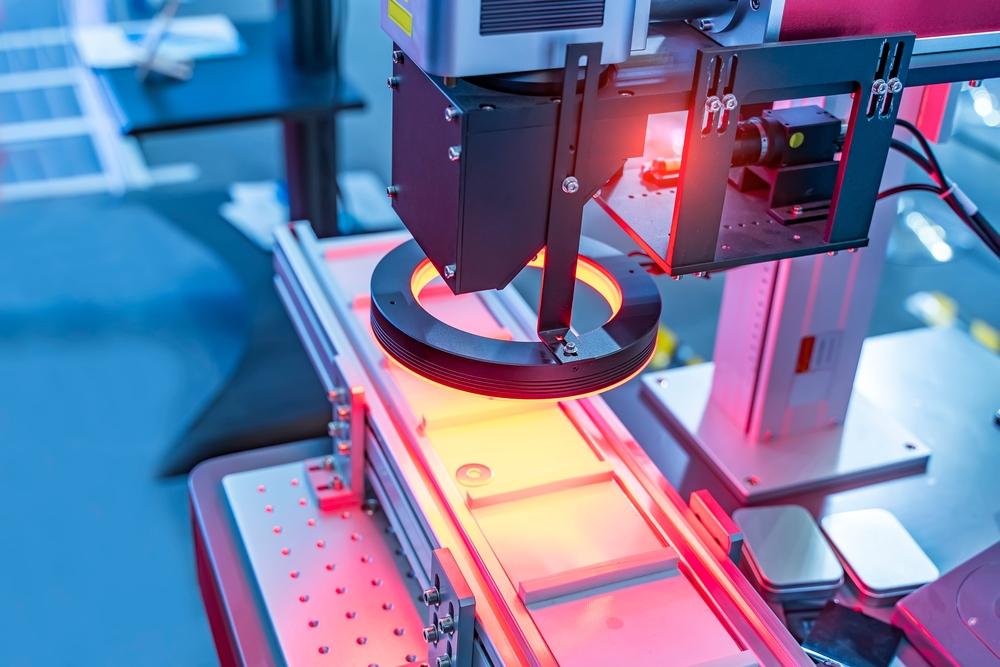Refrigeration Systems: Enhancing Efficiency and Preservation Across Industries
Discover the essentials of refrigeration systems including their types, benefits, key components, applications, and the latest technological advancements.
Introduction to Refrigeration Systems
Refrigeration systems are integral to a wide range of industries, playing a critical role in preserving perishable goods, maintaining comfortable environments, and ensuring the efficiency of various manufacturing processes. From household refrigerators to large-scale industrial cooling units, these systems utilize advanced technology to control temperature, humidity, and airflow, thereby extending the shelf life of products and optimizing operational conditions. Understanding the different types of refrigeration systems, their benefits, and applications is essential for businesses aiming to enhance their operational efficiency and product quality.

Types of Refrigeration Systems
Refrigeration systems come in various forms, each designed to meet specific needs and applications. The most common types include:
- Compression Refrigeration Systems: These are the most widely used systems, operating on the principle of compressing a refrigerant to facilitate heat exchange. They are commonly found in household refrigerators, commercial freezers, and industrial cooling applications.
- Absorption Refrigeration Systems: Utilizing heat instead of mechanical energy, absorption systems are ideal for environments where waste heat is available. They are often used in large-scale industrial settings and for specialized cooling needs.
- Evaporative Cooling Systems: These systems rely on the evaporation of water to cool the air, making them energy-efficient and environmentally friendly. They are frequently used in data centers, greenhouses, and certain manufacturing processes.
- Thermoelectric Refrigeration Systems: Based on the Peltier effect, these systems are compact and quiet, making them suitable for portable coolers, electronic device cooling, and small-scale applications.
Benefits of Refrigeration Systems
Implementing effective refrigeration systems offers numerous advantages across various sectors:
- Preservation of Perishable Goods: Refrigeration slows down the spoilage of food and pharmaceuticals, ensuring longer shelf life and reducing waste.
- Energy Efficiency: Modern refrigeration systems are designed to consume less energy, contributing to cost savings and environmental sustainability.
- Temperature Control: Precise temperature regulation is crucial for manufacturing processes, medical storage, and maintaining comfortable living and working environments.
- Enhanced Productivity: Reliable refrigeration systems prevent equipment overheating and ensure optimal operating conditions, thereby enhancing overall productivity and reducing downtime.
- Safety and Compliance: Proper refrigeration helps in meeting health and safety standards, particularly in the food and healthcare industries, ensuring compliance with regulatory requirements.
Key Components of Refrigeration Systems
A typical refrigeration system comprises several essential components that work together to achieve efficient cooling:
- Compressor: Compresses the refrigerant, increasing its pressure and temperature, and facilitating the heat exchange process.
- Condenser: Releases the absorbed heat from the refrigerant into the surrounding environment, allowing the refrigerant to condense from a gas to a liquid.
- Evaporator: Absorbs heat from the area to be cooled, causing the refrigerant to evaporate and lower the temperature.
- Expansion Valve: Regulates the flow of refrigerant into the evaporator, maintaining optimal pressure and temperature levels.
- Refrigerant: The fluid that undergoes phase changes to transfer heat within the system, playing a crucial role in the cooling process.
Applications of Refrigeration Systems
Refrigeration systems are utilized in a multitude of applications across different industries:
- Food and Beverage Industry: Essential for storing and preserving perishable items, ensuring food safety, and maintaining quality during transportation.
- Healthcare Sector: Critical for storing vaccines, medicines, and biological samples, ensuring their efficacy and safety.
- Manufacturing and Industrial Processes: Used to cool machinery, control environmental conditions, and facilitate processes such as metalworking and chemical production.
- HVAC Systems: Integral to heating, ventilation, and air conditioning systems in residential, commercial, and industrial buildings, providing thermal comfort and air quality.
- Data Centers: Prevent overheating of servers and electronic equipment, ensuring uninterrupted and efficient operation of IT infrastructure.
Cost and Top Refrigeration System Providers
The cost of refrigeration systems varies significantly based on factors such as system type, capacity, energy efficiency, and specific application requirements. Basic residential refrigerators can range from $500 to $2,000, while large industrial cooling units may cost tens of thousands of dollars or more. Additionally, installation, maintenance, and energy consumption contribute to the overall cost of ownership.
Top Refrigeration System Providers:
- Carrier Corporation: A global leader in HVAC and refrigeration solutions, known for their innovative and energy-efficient systems tailored for various industries.
- Daikin Industries: Renowned for their advanced refrigeration technology and sustainable cooling solutions, serving both residential and commercial markets.
- Trane Technologies: Offers a wide range of refrigeration systems with a focus on reliability, efficiency, and environmental responsibility.
- Johnson Controls: Provides comprehensive refrigeration solutions for industrial applications, emphasizing smart technology and automation.
- Mitsubishi Electric: Specializes in high-performance refrigeration systems, integrating cutting-edge technology for enhanced efficiency and control.
Investing in a high-quality refrigeration system from a reputable provider ensures optimal performance, energy savings, and long-term reliability, making it a crucial decision for businesses across various sectors.











